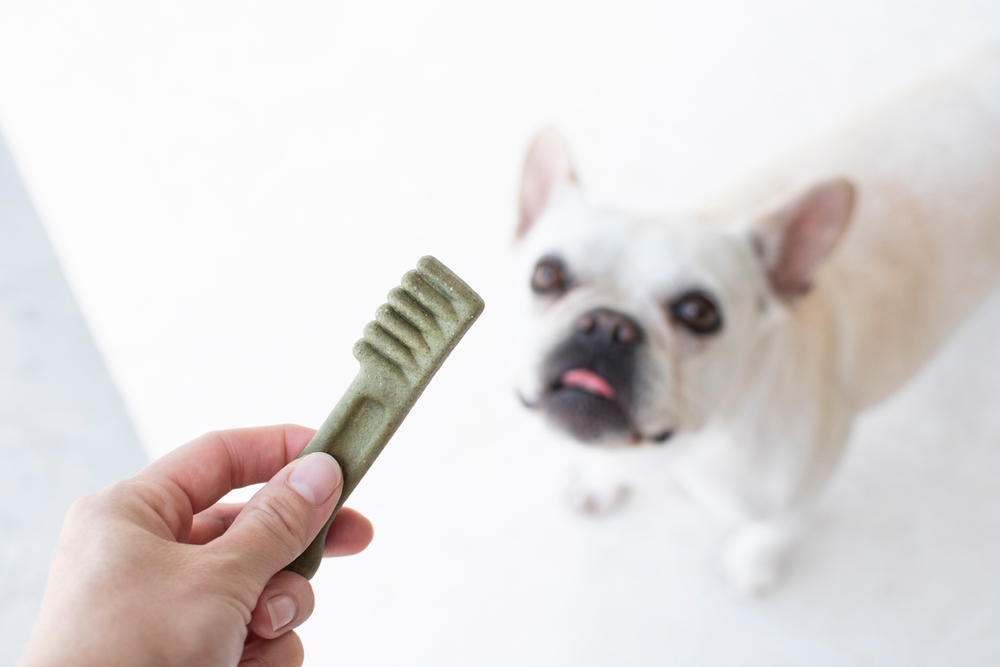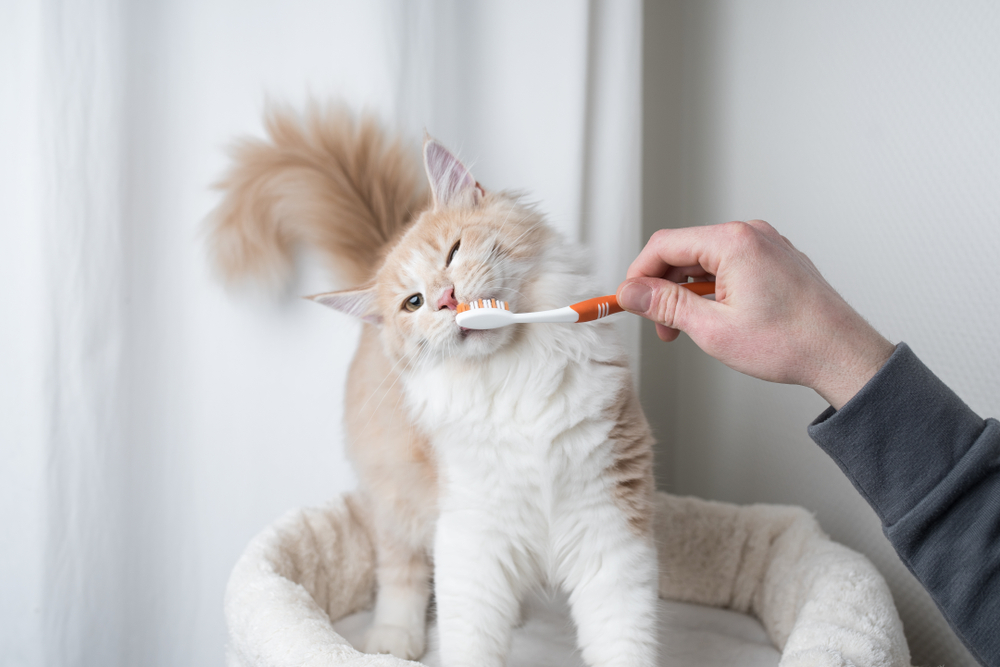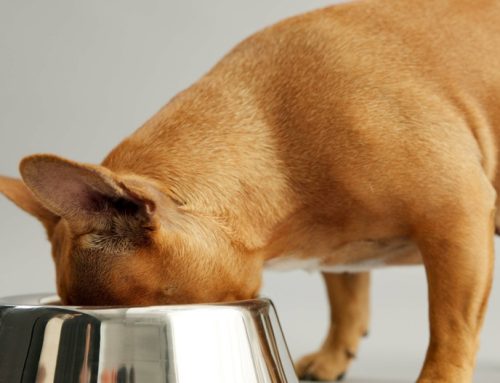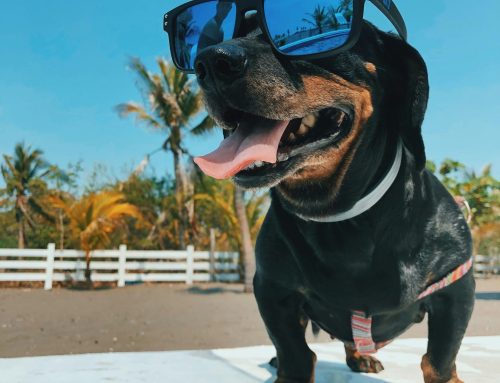Your pet’s dental health is a good indicator of their overall health. Proper dental hygiene for your cat and dog can be a breeze when you have the right information and awareness. Still, many pet owners are unaware of the importance of their pet’s dental care. Our team at Companion Care Animal Clinic explains how you can play an integral role in your pet’s well-being, including maintaining their bright smile.
February is National Pet Dental Health Month, when the spotlight is on preventing pets’ dental disease. We cover pet oral health ABCs, professional dental cleanings, and daily care, so your furry pal remains healthy throughout their life.
Pet dental care: Fact versus fiction
A lot of misinformation circulates regarding whether pet dental health is important. Can you imagine never going to the dentist or brushing your teeth? And, if your pet does not receive this fundamental care, their health suffers. Learn to separate pet dental health fact from fiction:
- Dog (or cat) cat breath is normally smelly—FICTION
This idea is far from fact. A dog’s or cat’s breath may not smell minty fresh, but foul or unpleasant breath is a signal that trouble is brewing. Not only is bad breath an inadequate dental care sign, it can indicate an underlying oral disease such as periodontitis.
- Pets need dental care from the time they are puppies or kittens—FACT
Senior pets often have advanced dental disease and decay. This is likely because they never received dental hygiene care, such as professional exams and regular toothbrushing. However, senior pets are not the only ones who develop dental disease. Most pets, 3 years of age and older, have early periodontal disease signs. Therefore, you should initiate your pet’s regular dental care regimen at an early age to help mitigate future problems.
- Bones and chew toys are enough to keep your pet’s teeth healthy—FICTION
Chew toys will not prevent your pet from developing dental disease, but giving your furry pal dental treats recommended by the Veterinary Oral Health Council (VOHC) is beneficial. Never give your pet soup bones and other bone products because these products can harm your furry pal if they splinter. In addition to giving your pet effective dental chews, your pet’s at-home dental care should include regular toothbrushing.
- My cat will never allow me to brush their teeth—FICTION
Cats, like dogs, need to acclimate to any new sensation or experience, and you should introduce them to toothbrushing at an early age. Adult cats can learn to adapt to toothbrushing when you start by gently touching their teeth, then gradually adding the brush. Over time, your cat will get accustomed to the routine, with lots of treats as the reward. If you need guidance on brushing your cat’s or dog’s teeth, contact our Companion Care Animal Clinic team for pointers on cleaning those pointy teeth.
- Periodontal disease in pets is one of the most frequently diagnosed diseases—FACT
According to Cornell University’s Riley Canine Health Center, periodontal disease affects more than 80% to 90% of dogs older than 3. In cats older than age 3, more than 50% have periodontal disease signs. This disease starts with plaque and tartar accumulation. Severe periodontitis can cause tooth and bone loss, abscess, infection, and systemic illness that can become life-threatening. - Anesthesia should not be used for professional dental cleanings—FICTION
Anesthesia is safe and necessary during your pet’s dental examination and cleaning. When your pet is asleep and feels no pain, our team can get a close look at your furry pal’s teeth and take dental X-rays to see what’s occurring below the gumline. Professional dental cleanings include polishing and scaling, which eliminate plaque and tartar.
At-home pet dental care

The ideal way to keep your pet healthy is through annual or twice-yearly veterinary examinations. These visits give our team the chance to examine your pet’s mouth and spot concerning issues. Along with regular dental exams and professional cleanings, you can keep your pet’s teeth healthy by following these tips:
- Brush your pet’s teeth — Toothbrushing is one of the best ways to keep your pet’s smile bright by preventing plaque accumulation. Use a soft-bristled toothbrush made for cats or dogs. Remember to use pet-safe toothpaste only. Toothpaste for people is toxic to pets. Brush your furry pal’s teeth daily for the best results.
- Give your pet dental chews —Some chews are beneficial to your pet’s oral health, as the chewing action helps clean their teeth. Dental products approved by the Veterinary Oral Health Council (VOHC) have been vetted for their efficacy. If you need assistance choosing the right dental product for your pet, talk with our team.
- Feed your pet nutritious food — Ensure you have a nutritious diet. Our team can provide guidance to ensure you select the proper diet for your pet’s needs, including specialty diets that promote dental health.
By following our pet dental care tips, you help maintain your furry pal’s oral and overall health. We offer pets comprehensive professional dental services, including a state-of-the-art dental unit. To maintain your four-legged friend’s oral health, schedule their examination with our Companion Care Animal Clinic team.







Leave A Comment